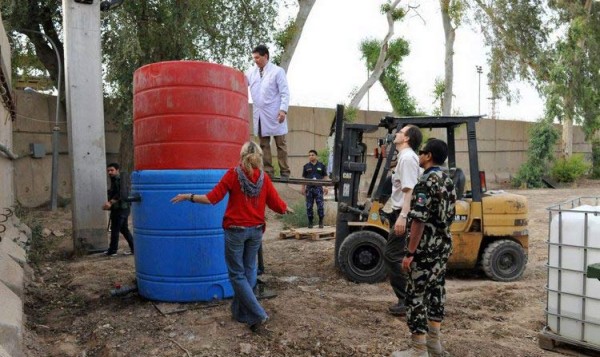In an increasingly interconnected world where trillions of dollars worth of goods and services are traded annually, the rapidly expanding market for low-carbon and environmentally friendly products will create new opportunities, the United Nations environmental agency today reported.
The report, Green Economy and Trade – Trends, Challenges and Opportunities, finds that developing countries with abundant renewable resources are well-positioned to capitalize on the opportunities provided by “green” products to increase their share in international markets for sustainable goods and services, according to a news release by the UN Environment Programme (UNEP).
The report analyzes six economic sectors – agriculture, fisheries, forests, manufacturing, renewable energy and tourism – where trade opportunities exist, and identifies measures, such as policy reforms and certification, that can help developing countries benefit from these markets.
“Transitioning to a green economy can facilitate new trade opportunities, which in turn will help to make global trade more sustainable,” Achim Steiner, UN Under-Secretary-General and Executive Director of the UN Environmental Programme (UNEP).
“At the same time, trade in environmental goods and services is clearly an area where many developing countries have a competitive advantage. With the right policies and price regimes in place, developing countries are well-positioned to help drive the global transition to a more sustainable economy.”
While still representing only a small percentage of the global market, trade in certified products and in environmental goods and services is on the rise in absolute terms.
For example, the global market in low-carbon and energy efficient technologies, which include renewable energy supply products, is projected to nearly triple to $ 2.2 trillion by 2020.
“If we are to reverse the global decline in biodiversity, mitigate the release of greenhouse gases (GHG), halt the degradation of lands and protect our oceans, then it is an imperative that international trade becomes more sustainable and contributes to protecting that ‘natural capital’ of economies in the developing world.”
The report also identifies area where public and private actions can support developing countries’ where public and private actions can support developing countries’ efforts to access greener international markets.
The original article can be found on the UN News website, here.










